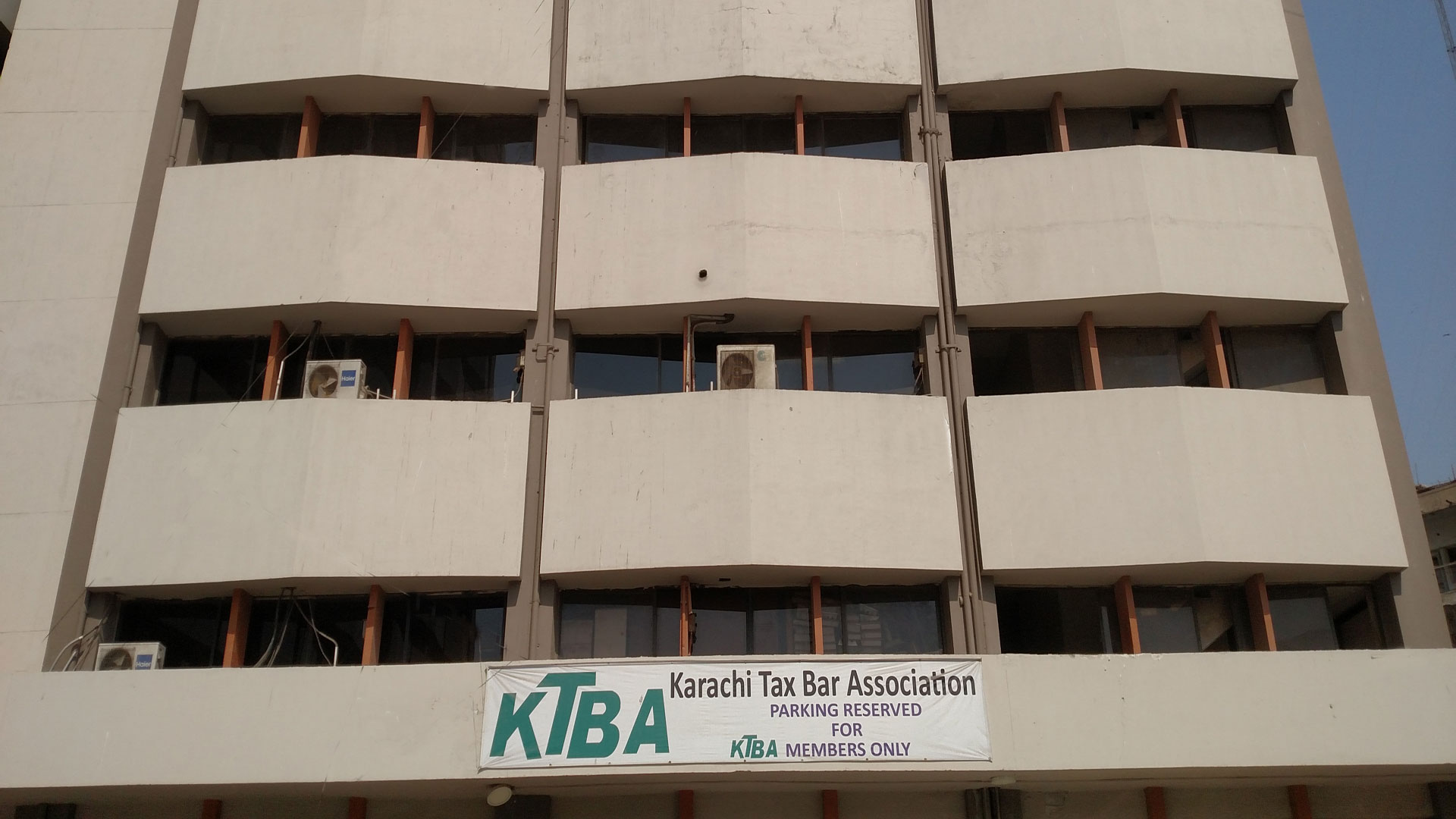March 16, 2021 (MLN): The draft of the “Income Tax Second Amendment Bill 2021” which has been supposedly approved by the Federal Government will now be presented in the National Assembly for approval in the coming days.
The proposed bill, which is currently doing rounds on social media, largely focuses on the removal of tax exemptions (and reduced tax rates) granted under various clauses as the government is aiming to raise nearly Rs140 billion (0.3% of GDP) via these amendments.
This is in line with the IMF’s demand to withdraw income tax exemptions worth Rs140 billion through new legislation in order to resume the stalled EFF program. However, the exact quantum can only be determined once the government officially lays the bill in the National Assembly.
To note, the IMF board is set to consider approving the staff-level agreement on 24 March, after which US$500 million will be disbursed to Pakistan.
As per the draft of the bill, the government has abolished around 80 different income tax exemptions currently being offered to the industries. However, in some cases, there are new incentives or tax exemptions for industries setting up new facilities or are involved in IT exports. The changes, if approved by the Parliament, will come into effect from 1 July 2021.
According to the report by BMA Capital, the FBR has estimated the cost of tax credit/exemptions at Rs1.15 trillion which includes Rs378 billion exemptions from total income. These supplementary revenue measures are likely to be abolished by the government to achieve a shortfall of Rs1.3 trillion of which it will generate around Rs600 billion from its existing revenue base and Rs700 billion through additional revenue measures.
To present the overview of proposed amendments and subsequent impacts on industries, the few key takeaways of the bill are specified below.
The government is expected to withdraw the exemption of tax on dividend income for the holding company as opposed to the prevailing group tax relief. Currently, the dividend payout by a subsidiary/ company is exempted from tax. The removal will place double taxation and reduce earning of parent/holding companies. Companies that fall under the category are ENGRO, INIL, and KTML, a report by BMA Capital said.
The government also intends to discontinue exemptions granted to IPPs who wish to get a Letter of Intent after Jun-2021. In addition, the tax exemption on any profit on debt derived by Hub Power Co. (including circular debt) will also be removed. The former will not impact existing IPPs or those will have already obtained a Letter of Intent from the government like Lucky Energy, Thal Nova, Thar Energy amongst others. While the latter is negative for HUBC where late payment surcharge (LPS) is considered profit on debt. Removal of income tax exemption will result in a c.5% EPS impact in FY22f and c. 3% onwards due to lower expected LPS as the Government settles outstanding circular debt, another report by Intermarket Securities (IMS) highlighted.
For the IT sector, tax exemption has been replaced with a tax credit equal to 100% of the tax payable. IT companies will be required to file tax returns and bring back 80% of their export receipts into the country through normal banking channels. If not, they will not be able to avail of 100% tax credit. The proposed measure may not impact the profitability of listed IT companies given the share of exports in their total revenues, however, this may create a cash hurdle for the companies as the tax credit is likely to be received at the end of the period.
A proposal to withdraw tax exemptions on Real Estate Investment Trusts (REITs) and a tax credit of 20% for the first two years and 10% for the next two years on the listing of the new company in the stock market have also been made. This may discourage new listings at PSX and have a negative impact on future REIT listings.
The income earned by non-trading modarabas is fully exempted from income tax provided they distribute 90% of their earnings amongst shareholders after appropriating to statutory reserves. The government has proposed to discontinue tax exemption on profit derived by modarabas, this will have a negative impact on the earnings of listed modarabas.
Furthermore, plant, machinery, and equipment installed by any industrial undertaking set up in specified rural and under-developed areas were allowed a 90% tax allowance for the first year of operation. The said allowance is expected to be removed.
The government also plans to remove the tax exemption on profits derived by LNG terminal operators. This will have a negative impact on any upcoming LNG terminals as the terminal operators were previously enjoying a 5-year tax holiday.
Besides abolishment of tax exemptions, some tax credits are expected to continue for a longer period such as concessions on low-cost housing schemes that are available till Jun’24 and oil refinery investments that would continue till Dec’21. In addition to this, the depreciation allowance for E&P companies is expected to continue.
The draft also hinted that a company incorporated between FY20-23 under greenfield status will be eligible for a tax credit of 25% of the total investment. Moreover, any industrial setup before Jun 30, 2023, for manufacturing of renewable energy equipment can avail the same credit. According to Intermarket Securities, this can have implications for FCCL and potentially Bestway Cement as well (which have planned another expansion which will be greenfield).
Will industries bear the brunt?
The proposed income tax bill 2021 that would rationalize the tax system for all industries is expected to pose challenges for the industrial sector as it could alter the expansion plans of various businesses.
In addition, certain measures such as limiting the scope of the exemption to refineries or, replacement of tax exemption on IT Sector with 100% tax credit, will translate into lower revenue potential. Nevertheless, the overall corporate profitability will not be impacted by the planned measures.
The incentives for the Refinery sector, however, are welcome as it is more likely for existing refineries to undertake an expansion/ up-gradation project than a new refinery being set up in Pakistan, a report by IMS underlined. This will enable existing refineries to be relevant for longer than they would be without up-gradation projects (longevity).
The report further emphasized that the proposed removal or moderation of incentives for capital investment by other industries will not be a big deterrent for future expansions, given the overall improvement in the macroeconomic environment (low-interest rates, infrastructure improvement, and resolution of power supply issues).
Another report by IGI Securities is of the view that the proposed removal of tax exemption mainly pertains to a move from tax exemption to tax credit with enhanced documenting and criteria, thus no major negative impact is being expected.
Copyright Mettis Link News
40225







